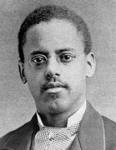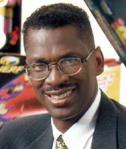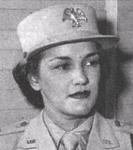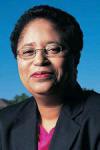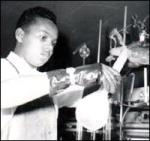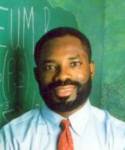In honor of Black History Month, here are few profiles of contributors to history of African descent:
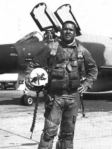
Gen. Daniel “Chappie” James Jr.
First Black General
Gen. Daniel “Chappie” James Jr.: The Tuskegee Airman was the first African American to become full general and achieve four stars. Upon being promoted to general, he was named commander of the North American Air Defense Command, which made him responsible for all aspects of defense for the United States and Canada.

Benjamin O. Davis Jr
A Tuskegee Airman
During World War II, Benjamin O. Davis Jr. commanded the 99th Pursuit Squadron and the 332nd Fighter Group (both part of the Tuskegee Airmen) and became the first black general of the U.S. Air Force. The bravery of the Tuskegee Airmen, who fought enemies abroad and racism at home, has been captured in the George Lucas feature film Red Tails.

Montford Point Marines
First Black Marines
Montford Point Marines: They trained at a facility called Montford Point that operated at Camp Lejeune, N.C., from 1942 to 1949, when the military was segregated. While the achievements of the Tuskegee Airmen and buffalo soldiers are well-documented, the Marines have received little recognition. Until now, that is. Congress recently voted to honor about 20,000 with a Congressional Gold Medal, the highest civilian honor.
Thanks to Tanisha and Bryan Jones and their daughter Sinai for compiling these profiles from the following sources:
1) The Encyclopedia of African-American Heritage, by Susan Altman
2) The Roots website, theroots.com
3) Famous Black Inventors website, black-inventor.com





